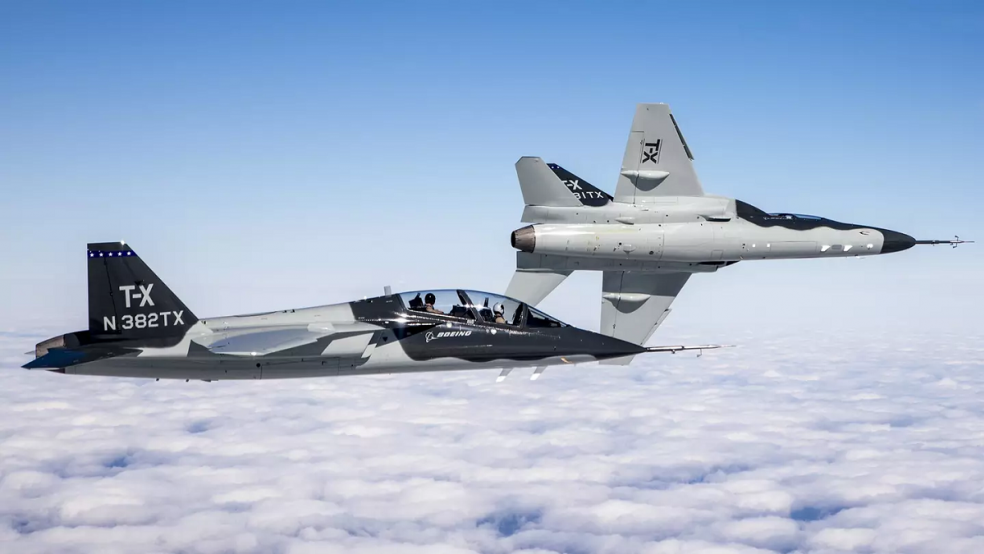Boeing has won three big defense contracts in recent weeks, and its competitors aren’t happy about it. According to The Wall Street Journal Thursday, rivals including Lockheed Martin are worried that Boeing has been too aggressive in its pricing, forcing competitors to either drop out of the bidding process or build military products at a loss.
Boeing’s big contract wins are due in part to its lower prices on sophisticated military hardware, including a new trainer jet for the Air Force, a Navy drone and helicopters that will replace the iconic Hueys that guard the nation’s nuclear missile silos. Lockheed Martin CEO Marillyn Hewson said this week that her firm would have lost $5 billion on bids for the same equipment if forced to match Boeing’s price. “We do not feel that would have been in the best interest of our stockholders or our customers,” Ms. Hewson said Tuesday.
The intense price competition traces back to 2010, when then-Under Secretary of Defense Ash Carter kicked off a program called Better Buying Power that was intended to reduce costs and improve efficiency in the Pentagon’s acquisitions process. Overall costs became a more important factor in the bidding process, forcing contractors to compete on prices more intensely than they had in the past.
Northrop Grumman CEO Wes Bush said that the Pentagon’s current emphasis on price could result in the purchase of lower quality military products. “When we’re talking about capability and investing for capability, low-price, technically acceptable is the wrong answer,” Bush said Wednesday.
Jim Hasik, a defense analyst at the Atlantic Council, said that the lowest-price bid may not make sense in the context of multi-billion contracts that last for years, and could result in the acquisition of “barely-qualified-but-cheap” products.
Boeing for its part does seem to be playing the low-price game very aggressively. It recently took a $700 million write-off on costs additional costs associated with its recent bid victories, and it stands to lose millions more related to delays in the production of the new KC-46 tanker. Defense News says that Boeing “has now paid more than $3.5 billion out of its own pocket” on the tanker program, “as the company is responsible for any costs beyond the $4.9 billion fixed-price contract it signed with the U.S. Air Force.”
In the defense world, however, the initial sale isn’t everything. Boeing won its bid for the Air Force trainer with its new T-X jet, which Air Force Secretary Heather Wilson says will save the Pentagon about $10 billion compared to its rivals in the bid. But Boeing has its eyes on a much larger prize, one that could make its low price much more valuable. Boeing CEO Dennis Muilenburg said this week that the T-X will be “a franchise program for much of this century,” with foreign sales potentially dwarfing the Air Force’s purchase of 350 aircraft. Boeing thinks it could sell more than 2,600 jets worldwide, thanks to its selection by the Pentagon, bringing the value of the program to as much as $40 billion.




